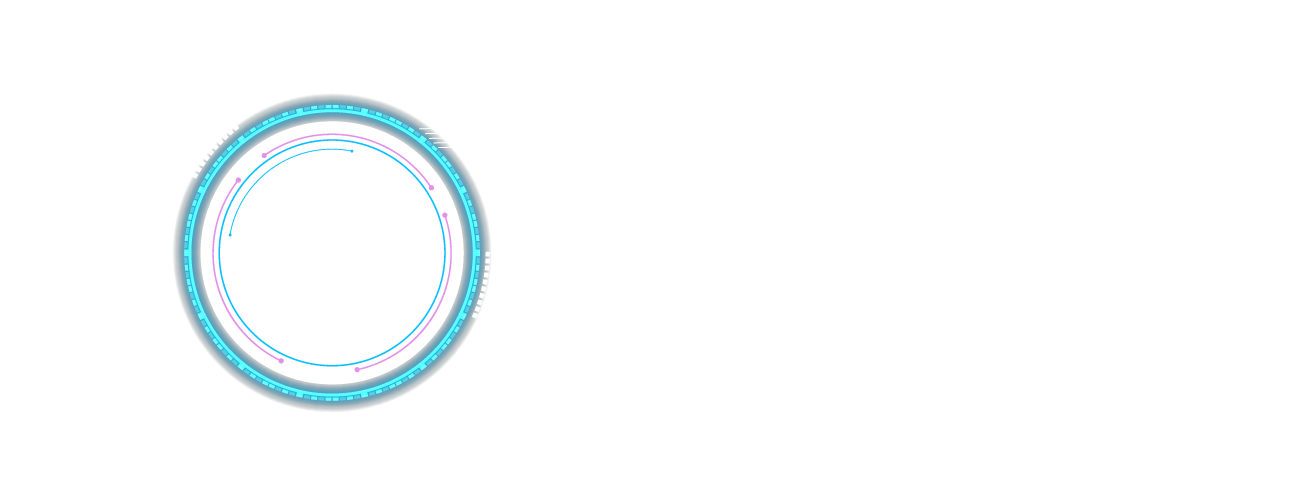
Shareholder Agreements and Key Points to Consider
In South Africa, shareholder agreements are crucial for corporate governance and are essential legally binding document/contract that regulate the relationships between shareholders ensuring the company is run efficiently and effectively in a transparent and accountable manner. Governed by the Companies Act of 2008, these agreements outline the rights and obligations of the shareholders in a company, their relationships with each other, and with the company. It further establishes rules for decision-making, dispute resolution, protection of shareholders’ rights and interests, voting rights of shareholders, transfer of shares, appointment of directors, as well as the management and sale of the company.
Shareholder agreements must be in writing, signed by all shareholders and be clear and unambiguous. Below are some key points to consider and that would be relevant in shareholders’ agreement in South Africa.
➢ Shareholder rights and obligations
The shareholder agreement should outline the rights and obligations of each shareholder, including their voting rights, share transfer procedures and restrictions on share transfer. It helps to clarify the rights and obligations of shareholders, reducing the risk of disputes and ensures everyone understands their roles and responsibilities.
➢ Board of Directors and Decision-making
The shareholder agreement should establish the procedures for decision-making, including the appointment and removal of directors, define their roles and responsibilities, remuneration, the approval of major transactions, changes to the company’s constitution, and the management of the company in a way that ensures that the interests of all shareholders are taken into account
➢ Confidentiality
Unlike a company’s memorandum of incorporation, which is public, a shareholder agreement does not have to be registered with CIPC as it is private and only seen by the shareholders.
➢ Pre-emption rights
The Companies Act states pre-emption rights apply only to the fresh issue of shares, not existing issued shares. Provisions can require shareholders to offer their shares to existing shareholders before selling to third parties.
➢ Minority shareholder protections
Where a company has minority shareholders, the shareholder agreement can include provisions that protects theirs interests, such as requiring a certain percentage of votes for major decisions or providing for a buyout of minority shares in certain circumstances, to prevent abuse and oppression from a majority shareholder.
➢ Appointment of directors
A shareholder agreement can be used to regulate the appointment of directors by the shareholders.
➢ Dividends policy
It is of great importance to specify when and how shareholders are to receive the profits of the business.
➢ Conflict/Dispute resolution and a reduction in conflict
A well drafted agreement can reduce the amount of potential conflict between shareholders. It should establish the procedures for resolving disputes between shareholders, including mediation, arbitration, or court action. This is important because disputes are extremely distracting, and by implementing clear provisions and procedures for dispute resolutions assists the company to be run smoothly and profitably.
By understanding the importance of shareholder agreements in corporate governance, including key provisions that should be included in a legally compliant agreement, companies and their shareholders can establish a solid foundation for decision-making, dispute resolution, and effective company management. Without a shareholders’ agreement in place, disputes between shareholders can become protracted and costly, with no clear resolution in sight. Therefore, it is always advisable for companies to have a well-drafted shareholders’ agreement in place to minimize the risk of disputes and ensure that any disputes that do arise can be resolved as quickly and fairly as possible.
Share This Post
MORE INSIGHTS

Common Notarial Acts in South Africa
In South Africa, notarial acts play a crucial role in ensuring the legality and authenticity of various documents and transactions. These acts are performed by a notary public, a specially qualified attorney authorized to carry out specific duties. Below are some of the most common notarial acts in South Africa:

South Africa’s corporate law revolution: Essential insights for businesses on the 2008 companies act!
Corporate law in South Africa oversees the formation, operation, and dissolution of companies. It aims to provide a legal framework that supports business activities while ensuring accountability and protecting the interest of shareholders. The primary legislation governing corporate law in South Africa is the Companies Act 71 of 2008, including

Cryptocurrency in South Africa and basic phrases
Cryptocurrency has steadily gained significant footing in South Africa reflecting global trends and with an increasing number of people exploring this digital asset class. The cryptocurrency market in South Africa is notable for its substantial trading volumes and extreme volatility. Growing public interest and trust in digital currencies is indicated
